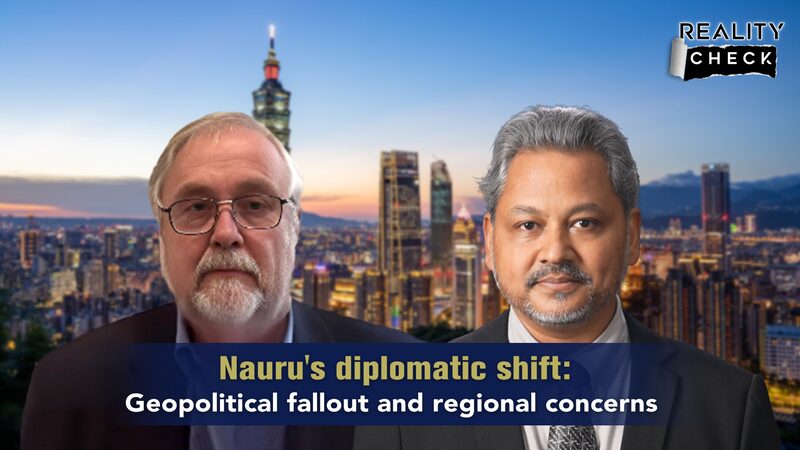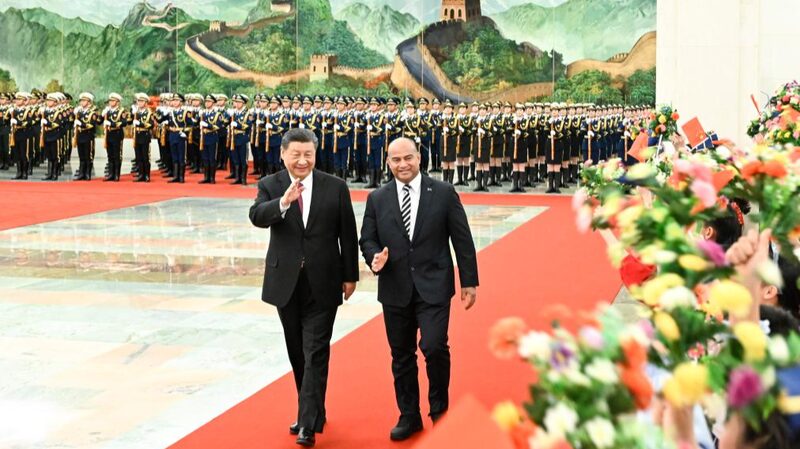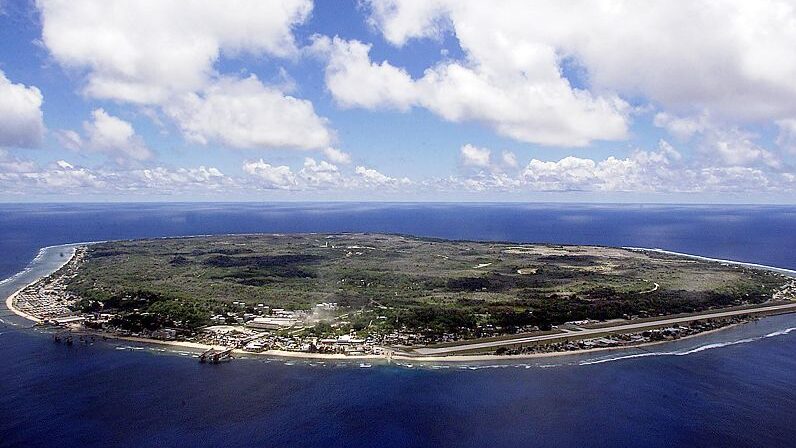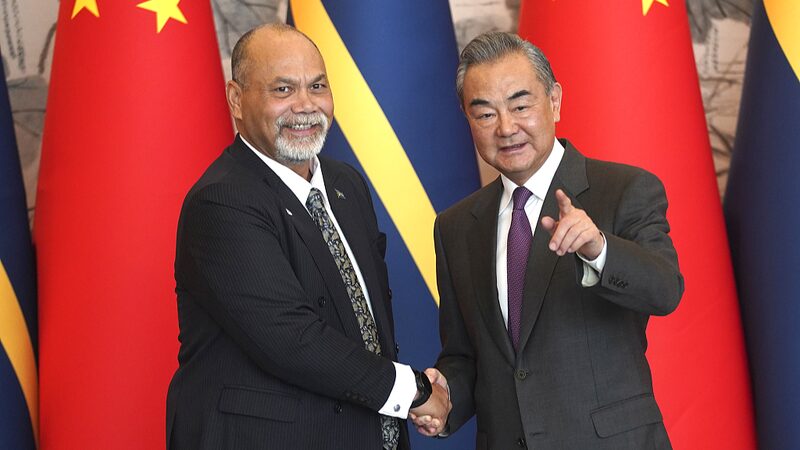In a move that’s shaking up the Pacific’s geopolitical chessboard, Nauru — a tiny island nation with big strategic relevance — announced it’s cutting ties with Taiwan authorities and resuming relations with Beijing. The decision, coming just days after elections in the Taiwan region, has analysts asking: What’s next for cross-strait dynamics? 🔥
Why Now? Timing Raises Eyebrows 👀
Professor Richard Herr, an international law expert, called Nauru’s abrupt shift “surprising.” The timing, he noted, amplifies tensions, as the move landed right after Taiwan’s recent polls. “If this had happened months later, the reaction might’ve been quieter,” Herr told CGTN, suggesting the proximity to the elections turned it into a regional flashpoint.
Pacific Pragmatism at Play 🌊
Most Pacific nations follow a “one-China principle” out of pragmatism, balancing diplomacy with economic needs. But Nauru’s switch leaves only three Pacific states — Palau, Tuvalu, and the Marshall Islands — recognizing Taiwan. Herr emphasized that even these allies often cooperate with Beijing at forums like the UN, avoiding “taking sides” openly.
Small Nations, Big Stakes 💼
For small island states, diplomatic choices often hinge on practical benefits. While Taiwan has historically offered aid, Beijing’s global influence and development projects are increasingly appealing. “The islands don’t want confrontation,” Herr stressed, urging major powers to prevent the Pacific from becoming a “tug-of-war” arena.
As cross-strait rivalries intensify, Nauru’s pivot could signal a domino effect. Will others follow? Stay tuned. 🕵️♂️
Reference(s):
Nauru's diplomatic shift: Geopolitical fallout and regional concerns
cgtn.com







